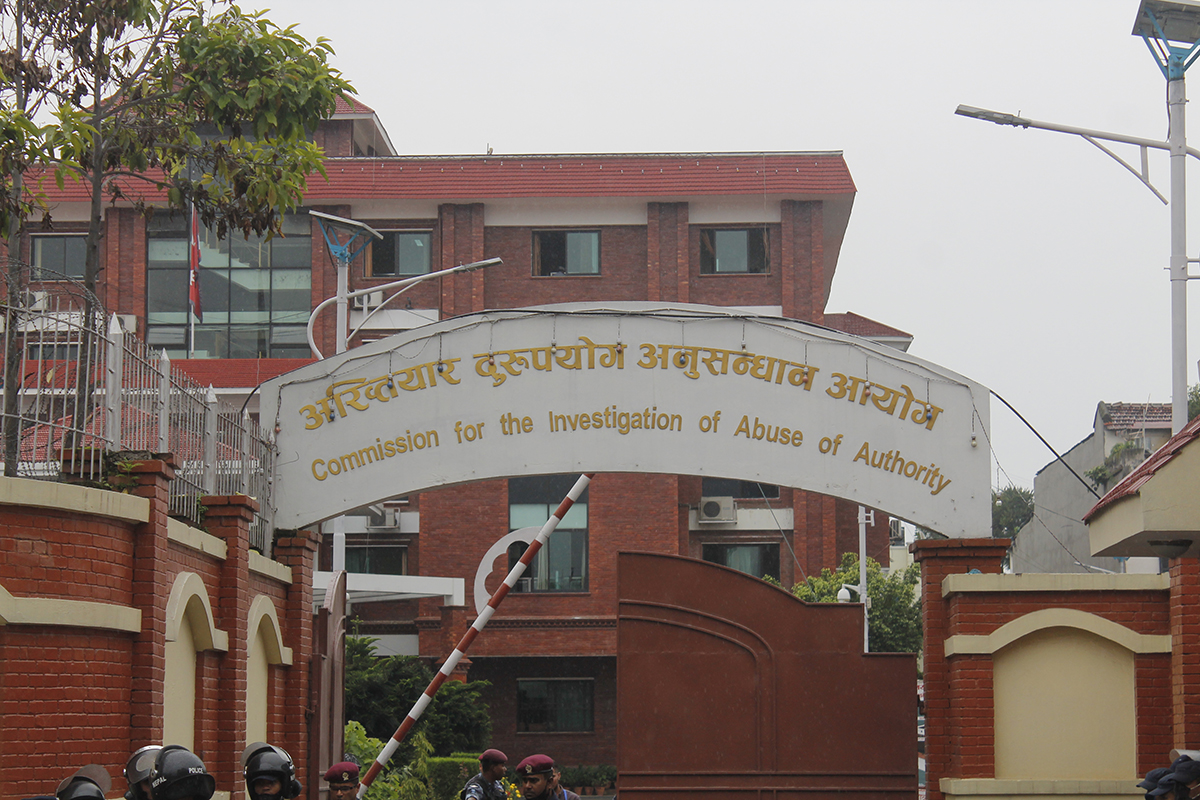KIIT University officials arrested over Nepali student’s death, abuse allegations
Earlier, KIIT University had dismissed two security guards and suspended three staff members.

KATHMANDU: Odisha police have arrested five officials, including the Director General of KIIT University, in connection with the death of Nepali student Prakriti Lamsal and alleged mistreatment of students.
According to the Nepalese Embassy in New Delhi, those arrested include 59-year-old Shivnanda Mishra, Director General of Human Resources, 50-year-old Pratap Kumar Chamupati, Director of Administration, and 59-year-old Sudhir Kumar Rath, Director of Hostel Management.
Security guards Ramakanta Nayak and Jogendra Behera have also been taken into custody. The suspects were presented before the court following their arrest.
Earlier, KIIT University had dismissed two security guards and suspended three staff members.
The university had apologized following widespread protests and pressure but was still held accountable by the police.
Despite the university’s appeal for students to return to their hostels, many Nepali students remain fearful.
On Tuesday afternoon, embassy officials Sanjeev Sharma Das and Navin Raj Adhikari met with affected students in Bhubaneswar.
The students expressed deep concerns over their safety, fearing potential harm inside the hostels.
The incident has sparked outrage, particularly after security personnel allegedly assaulted protesting students. In response, KIIT University dismissed the two guards involved and suspended three hostel officials. The university has also pledged to prioritize student safety.
However, students remain unconvinced. Many who were chased and beaten on Monday night are still reluctant to return.
Despite repeated calls from the university, only 39 students had returned to the hostel by Tuesday evening.










